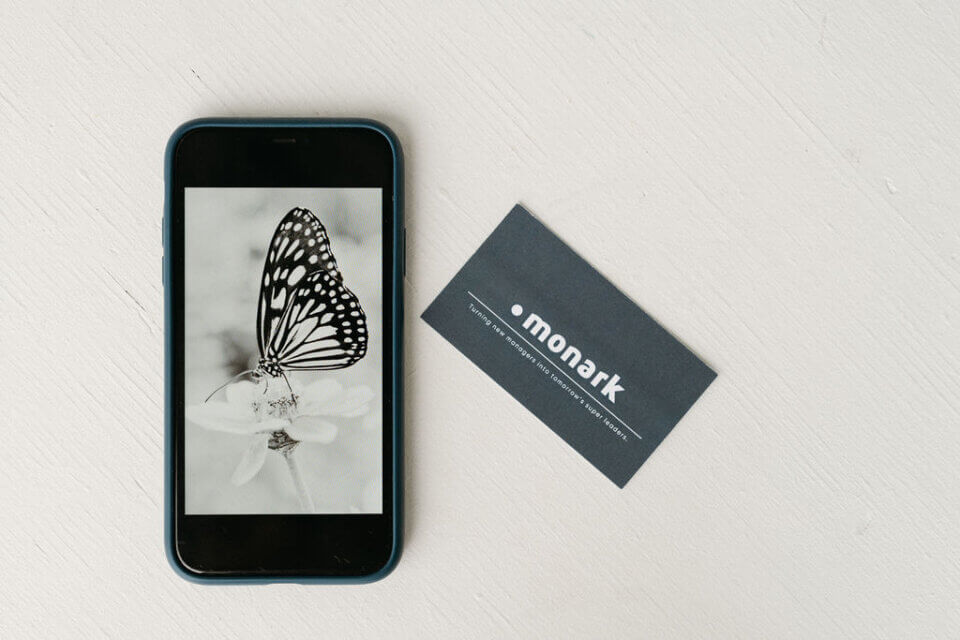
Your Leaders Are Drowning—And Gen Z is Watching

Leadership isn’t aspirational anymore. Gen Z is opting out, not because they’re unambitious—but because they’re paying attention. The fix? Redesigning leadership from the inside out.
Let’s start with a hard truth:
Being a leader right now is one of the hardest jobs on the planet.
It’s not just burnout, and it’s not just the back-to-back meetings that COVID gifted us. It’s the weight of modern leadership—and it’s never been heavier.
Today’s leaders are not just managers of work. They are managers of people, personalities, trauma, ambition, disconnection, conflict, inclusion, anxiety, performance, and potential. They’re expected to coach and challenge, support and supervise, deliver results and build psychological safety.
And here’s the kicker: they’re doing it all with more people, in less time, with higher expectations, and less training than ever before.
The data is loud and clear: leadership is at a breaking point.
I’m not talking about all the prominent examples of leadership gone-wrong, but yes, there is that problem too, which Adam Grant recently wrote about.
I’m talking about the day-to-day work experiences of managers where burnout is surging. DDI’s Global Leadership Forecast in 2025 reports that 71% of leaders worldwide report significantly higher stress levels. DDI chalks it up to yes, the workload and meetings, but also the emotional labor, decision fatigue, and systemic organizational strain.
A 2025 Gallup report showed that only 27% of managers are engaged at work, and nearly half are actively looking to leave their roles. Gen Z? Many of them don’t want to lead at all. In fact, a recent Deloitte survey revealed that only 28% of Gen Z employees aspire to be leaders in their organizations—a sharp drop from prior generations.
Why? Because they’re watching their bosses drown. They see the stress. The unrealistic demands. The emotional labor. The lack of support. And they’re asking:
“Why would I sign up for that?”
This is what I call the leadership exodus. And if we don’t fix it, we’re going to face a vacuum of capable, willing people at the helm of our organizations—just when we need strong leadership the most. Further, bad and overwhelmed leadership = poor organizational outcomes, including financial performance. Burned out leaders are more likely to underperform their peers, and 3.5x more likely to leave their roles.
The role has changed—but the learning hasn’t.
In most companies, leadership development still looks like a workbook and a workshop. It’s episodic. Theoretical. Detached from the real messiness of leading teams.
But leadership isn’t learned in a classroom. To really absorb new behaviors and build long-term habits, we need to learn and practice them where they happen – at work. Research shows that the distance between where a skill is learned and where it’s applied, greatly influences the probability that a person will put that skill into practice.
It’s learned in the micro-moments—in the 1:1s, the tough feedback conversations, the “are-you-okay?” check-ins, the coaching conversations when someone’s struggling, spiralling, or just stuck.
Those are the leadership moments that matter. For many of us, our regular 1:1s are the one hour a week we have to truly enact better leadership.
And yet, most leaders are doing them alone, with no playbook and no support. I have heard this all too often from leaders. “1:1s are your time..you run the show. I don’t care if you talk about your cat for an hour!”
NO! People; wake up. This is your job, and as a leader, you are responsible for your team. You need some semblance of structure and accountability, checking in on engagement, burnout, task challenges, career aspirations, etc. Great leadership should not be left to chance.
This is why we built Monark.
And it’s why we’re doubling down on performance in the flow of work.
At Monark, we’ve spent the last five years working alongside hundreds of leaders—watching how they think, communicate, avoid, hesitate, respond, and grow. We didn’t build another learning platform. We built what the modern leader actually needs: support inside the work. Nudges, feedback, coaching, and structure—while they’re leading.
Our latest feature—live on Monark today—is an AI-powered 1:1 meeting support tool helping leaders run more meaningful conversations and with less prep time. It gives them focus, prompts, reflection, and real-time coaching during the most important leadership meetings they’ll have all week: their 1:1s.
If we want better leaders, we need better systems to support them. Not more content. Not more pressure. Just better scaffolding.
We are in a moment of reckoning. Leadership is no longer just a position of power—it’s a practice of service, complexity, and relentless adaptation.
But if we want leaders to rise to that challenge, we have to start treating development like performance. We have to stop training them for a world that no longer exists.
The future of leadership is in regular practice and feedback, inside the work and in real-time.
At Monark, we believe great leaders ignite something in others.
And in a world where fewer people want to lead, we’re building the ones who will.


